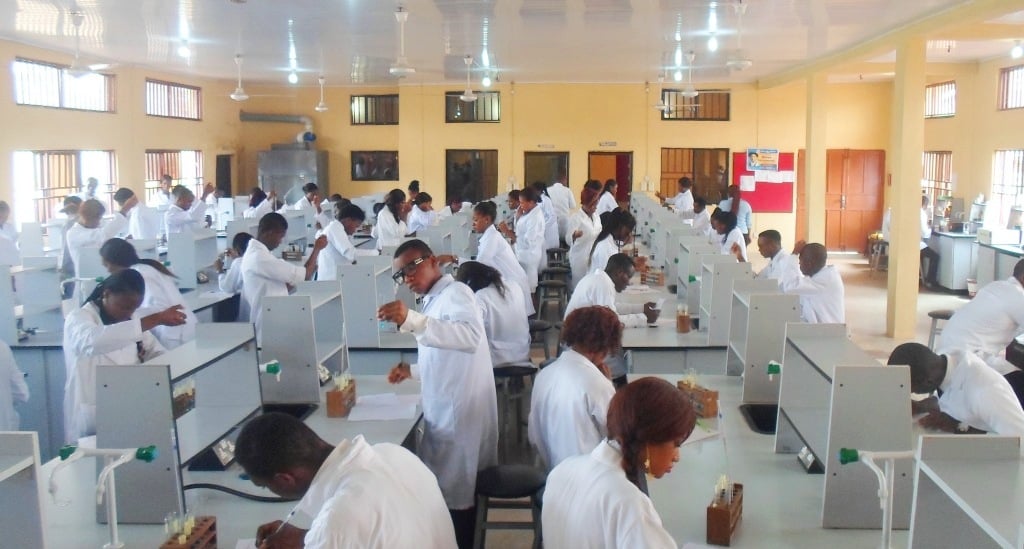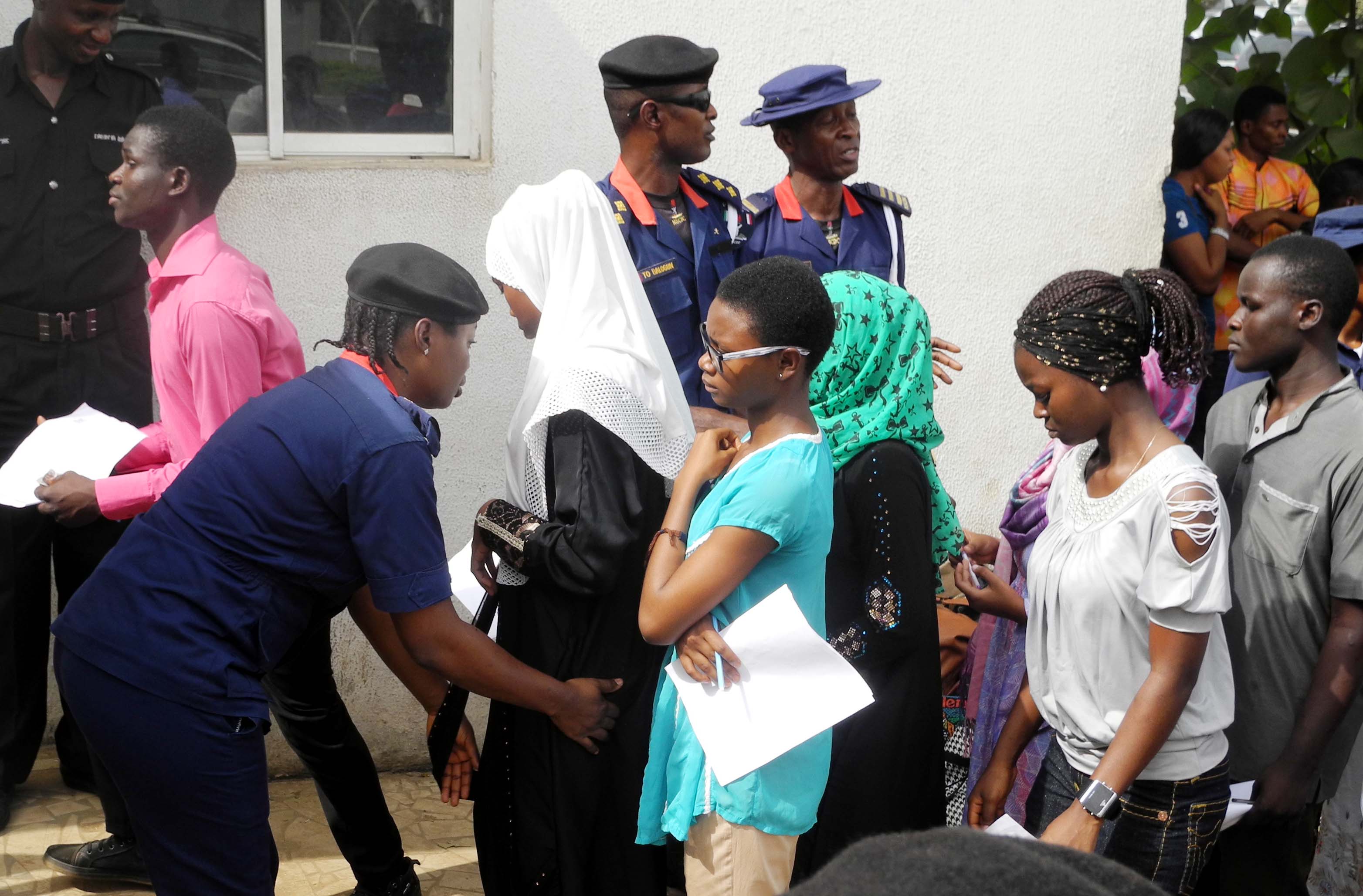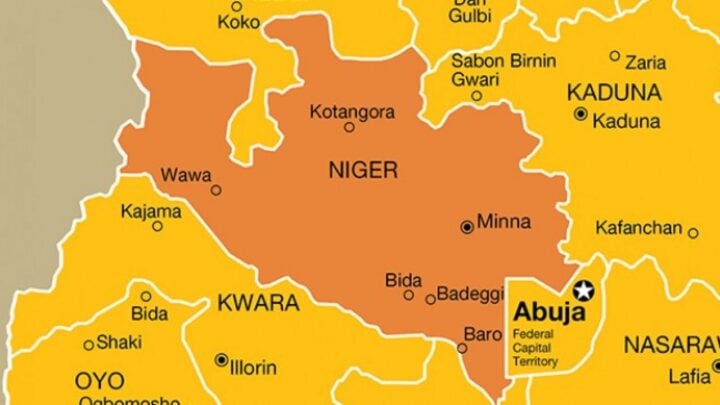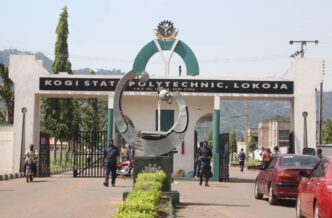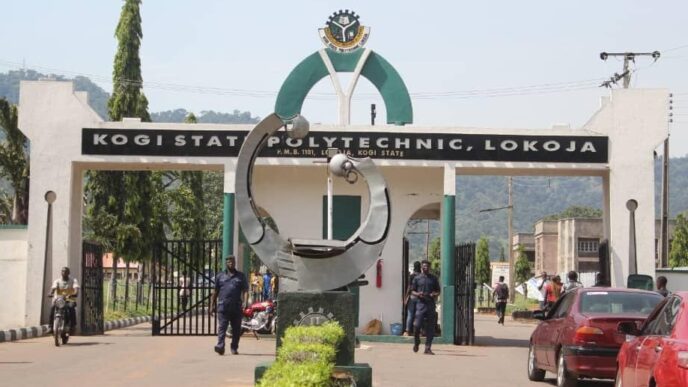The Medical and Dental Council of Nigeria (MDCN) has significantly increased the admission quota for the University of Abuja’s Bachelor of Medicine, Bachelor of Surgery (MBBS) programme from 75 to 200 students.
Fatima Kyari, registrar of the MDCN, announced this on the university’s main campus following a re-accreditation exercise conducted by a 17-member MDCN team.
Habib Yakoob, acting director of information and university relations at the University of Abuja, also confirmed the development.
Kyari commended the UniAbuja for its strides in improving facilities but also highlighted areas needing further development.
Advertisement
These include the number and capacity of resource persons, pathology laboratories, transportation, and clinical skills support.
“When we talk about quota, we are referring to the resource-based carrying capacity,” Kyari explained.
“The members of this re-accreditation team are carefully selected professionals, and their assessments were objective, thorough, and constructive.”
Advertisement
She provided a clearer picture of the requirements, stating: “For a quota of 150, you need 450 bed spaces for clinical students, and you currently have 360. For 200, you need 600.
“But we want to align with your growth aspirations. The nation needs more doctors. Abuja is the centre; it should rise to the occasion. So, we are giving you 200.”
Kyari stressed that the council would maintain a strong monitoring presence to ensure continued compliance and would support the university’s efforts in building capacity and infrastructure.
“We are not just here to point out what you have or what is lacking,” she added.
Advertisement
“We are here to encourage the university to keep working toward meeting all requirements.”
The MDCN registrar further noted that the quota upgrade aligns with the federal government’s broader goal of expanding access to medical education and addressing the national shortage of doctors.
She referenced the coordinating minister of health and social welfare’s four-point agenda under the Nigeria Health Sector Renewal Investment Initiative (NHSRII).
“At the heart of this is the need to strengthen our healthcare workforce, from training to retention, as the engine for achieving universal health coverage and improved health outcomes for all Nigerians,” Kyari said.
Advertisement
“Our task was guided by existing standards, including infrastructure adequacy, faculty strength, student-to-resource ratio, clinical training exposure, and the overall governance structure of the medical school.
“We also recognise the presidential vision and the current national imperative to scale up training in response to health workforce shortages, but this must be done in a manner that safeguards patient safety and professional competence.”
Advertisement
In response, Patricia Manko Lar, the acting vice-chancellor, expressed immense gratitude to the MDCN for the re-accreditation exercise.
“The joy we feel regarding this announcement is boundless. We opened all our doors; there was no cover-up. We did our best, and the constructive feedback from the MDCN will push us to aim even higher,” Lar stated.
Advertisement
“We have been working tirelessly to grow this university and ensure our College of Health Sciences meets global standards. I am proud to be leading the university at this critical moment.
“Even if I am no longer in office when my tenure is completed, I am confident that a solid foundation has been laid, and progress will continue.”
Advertisement
